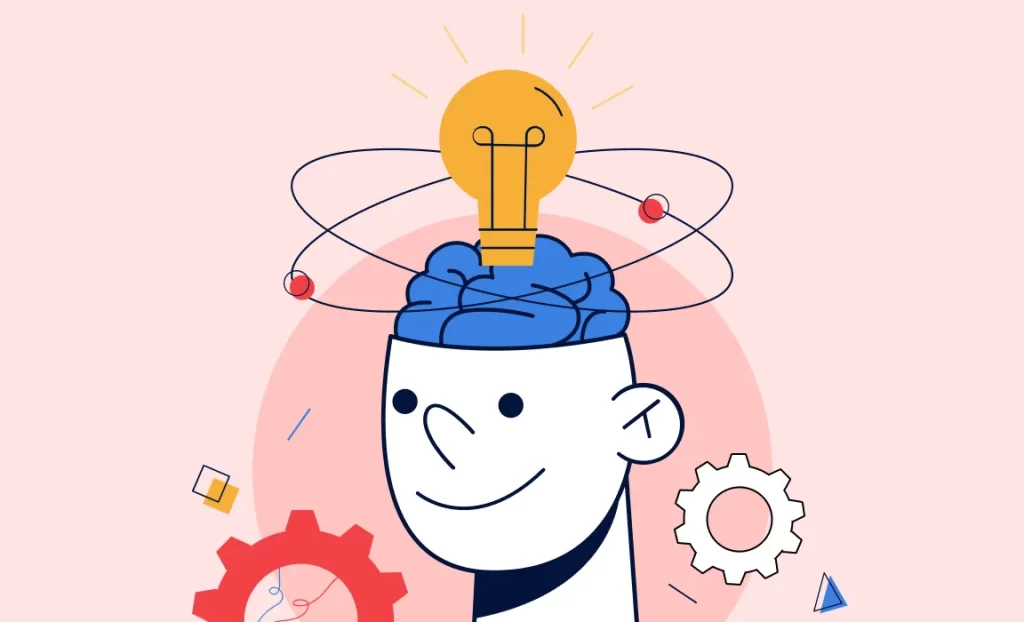The Power of Critical Thinking in Education: Building Strong Minds for the Future

In today’s rapidly changing world, education is not just about memorizing facts and figures; it’s about fostering critical thinking skills that prepare students to navigate the complexities of the 21st century. Critical thinking is a foundational skill that enables individuals to analyze information, solve problems, make informed decisions, and communicate effectively. In this article, we will explore the significance of critical thinking in education and how it empowers students to become lifelong learners and responsible global citizens.
The Role of Critical Thinking in Education
Critical thinking is often defined as the ability to think clearly and rationally, understanding the logical connection between ideas. It involves asking questions, evaluating evidence, and considering multiple perspectives before arriving at a conclusion. Critical thinkers are not passive recipients of information; they actively engage with it. Here’s why critical thinking is essential in education:
1. Enhances Problem-Solving Skills
In today’s complex world, problems are multifaceted and often lack clear-cut solutions. Critical thinking equips students with the skills to dissect complex issues, identify underlying problems, and develop innovative solutions. Whether it’s addressing global challenges like climate change or navigating personal dilemmas, critical thinking is a valuable tool.
2. Encourages Independent Learning
Critical thinkers are curious and motivated to seek knowledge independently. They don’t rely solely on what they’re taught but actively pursue information and insights. This self-directed learning is invaluable in an age where information is readily available, and the ability to discern credible sources is crucial.
3. Fosters Effective Communication
Effective communication is a vital skill in both academic and professional settings. Critical thinkers can articulate their thoughts clearly and persuasively, making them better equipped to present arguments, collaborate with others, and resolve conflicts.
4. Builds Resilience
Critical thinkers are more resilient in the face of setbacks. They view failures as opportunities for growth and adapt to new situations with ease. This resilience is essential for coping with the uncertainties of the future job market and life in general.
Cultivating Critical Thinking in the Classroom
Now that we understand the importance of critical thinking, let’s explore how educators can foster this skill in the classroom:
1. Encourage Questions
Create a classroom environment where students feel comfortable asking questions. Encourage them to explore the “why” and “how” behind the material, rather than simply memorizing facts.
2. Emphasize Real-World Applications
Connect classroom content to real-world issues and challenges. Encourage students to apply their knowledge to solve practical problems and explore the broader implications of what they’re learning.
3. Promote Collaboration
Group projects and discussions allow students to engage in constructive debates and learn from their peers. Collaboration enhances critical thinking by exposing students to diverse perspectives and ideas.
4. Provide Diverse Resources
Expose students to a variety of information sources, including books, articles, videos, and guest speakers. Teach them how to evaluate the credibility and bias of sources to make informed judgments.
5. Assess Critical Thinking Skills
Incorporate assessments that require students to analyze, synthesize, and evaluate information. This can include essays, debates, presentations, and problem-solving exercises.
Conclusion
In an era of constant change and information overload, critical thinking is a skill that will serve students well throughout their lives. It empowers them to adapt, innovate, and make informed decisions in a complex world. Educators play a crucial role in nurturing this skill by creating an environment that encourages curiosity, exploration, and critical inquiry. By prioritizing critical thinking in education, we are preparing our students to be strong, adaptable, and effective contributors to society.
